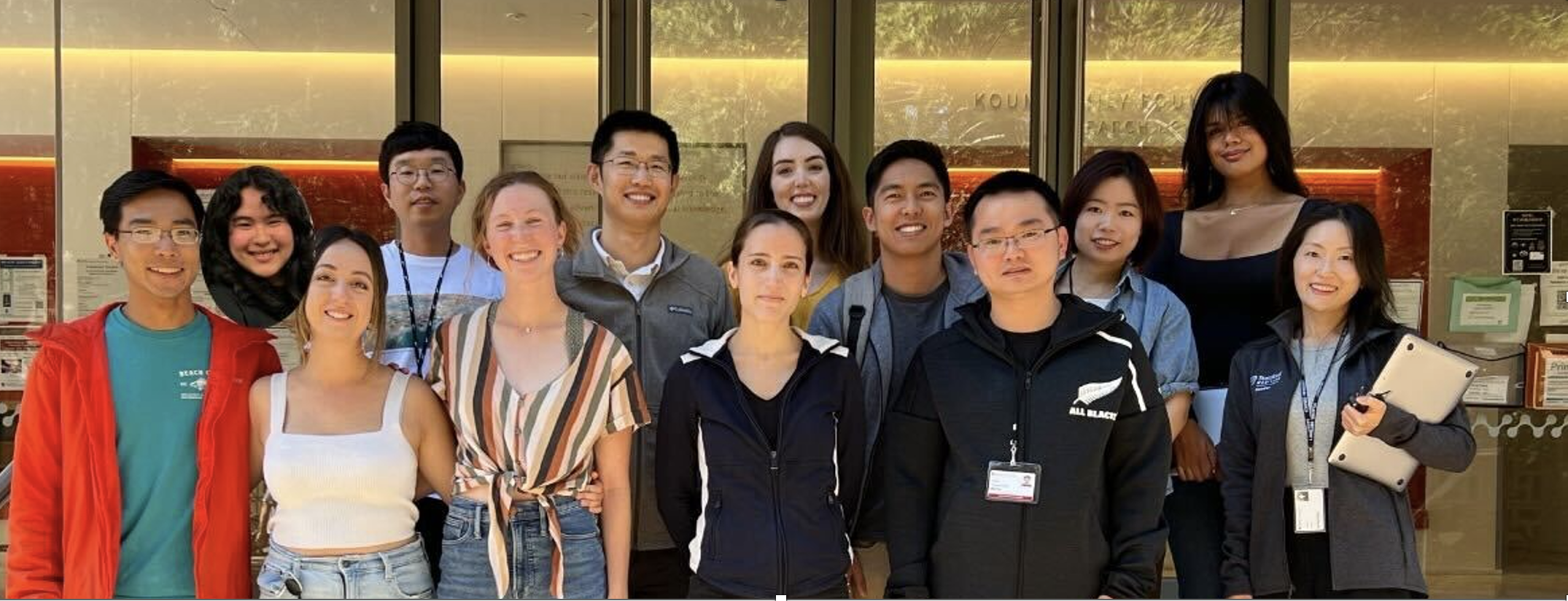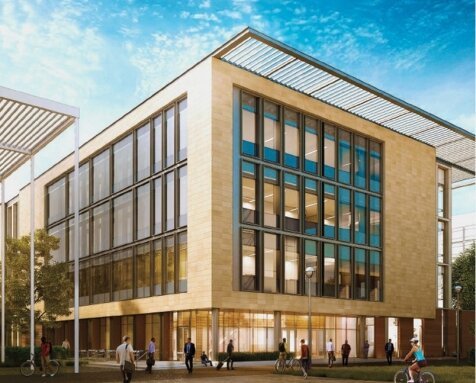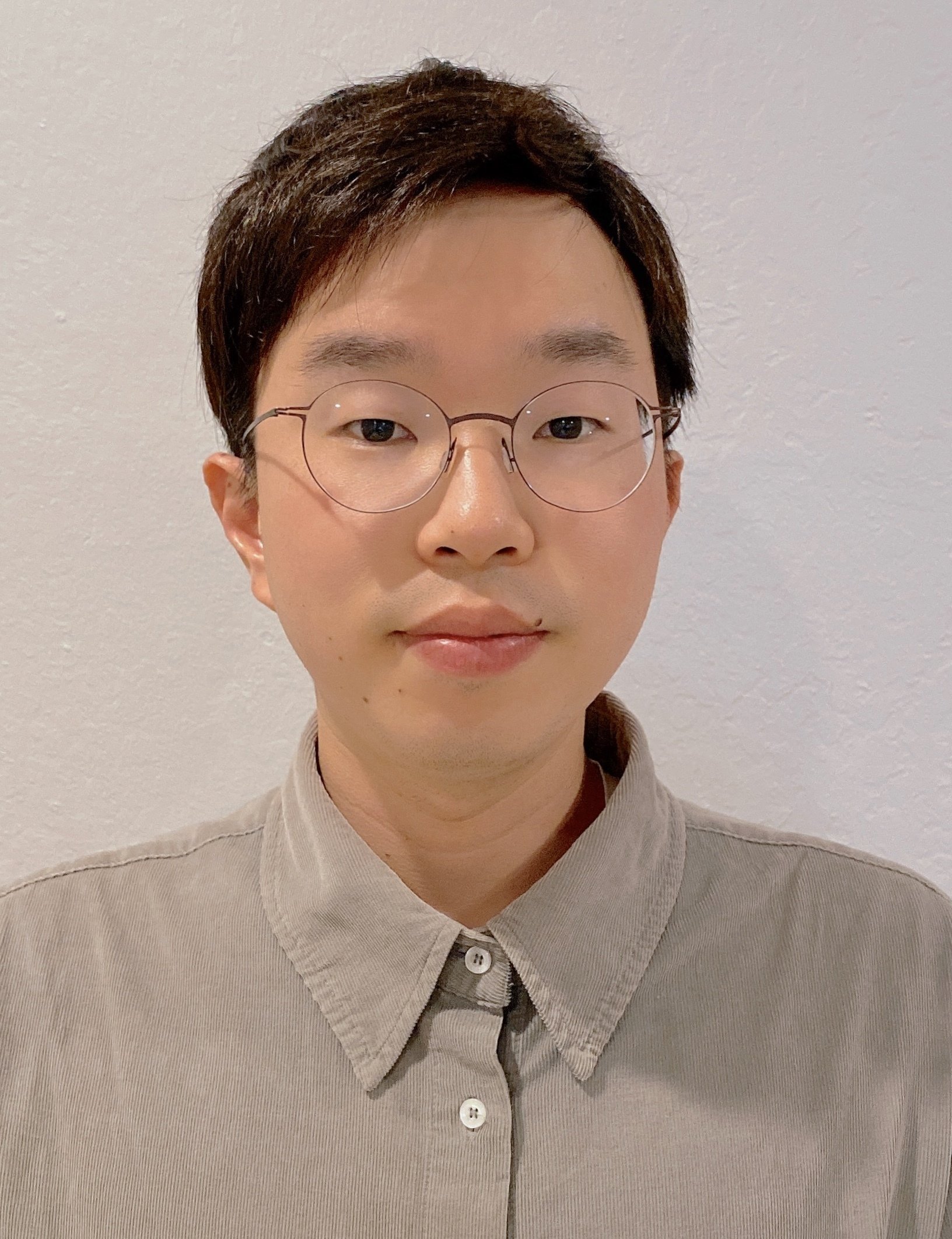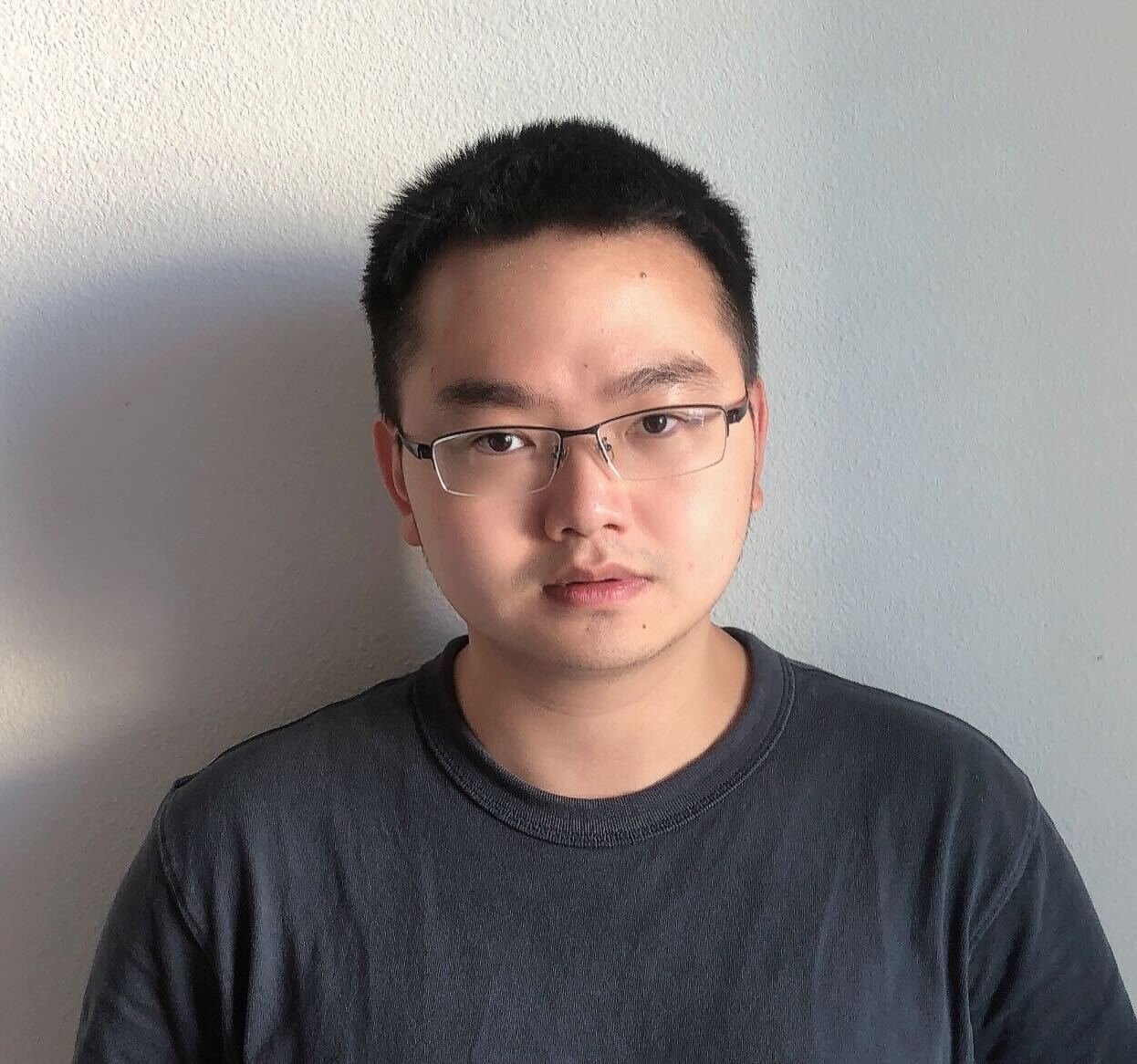From Natural to Engineered Immune Responses
—Self vs. Non/Altered Self—
Decode, rewire, and develop mechanisms to selectively eliminate and reprogram “non/altered self” as a generalizable basis for disease treatment and prevention
The immune system has a remarkable ability to distinguish between healthy (self) and unhealthy (non/altered self) cells and eliminate only the latter. This process can depend on a single cell or millions of cells that transmit information to one another.
OUR GOAL: Inspired by the way the immune system works, we aim to decode, rewire, and develop new and effective mechanisms to selectively eliminate and reprogram “altered self” disease-causing cells (as cancer, senescent, virally infected, and other dysfunctional cells) for disease treatment and prevention.
OUR APPROACH: Our work is at the interface between cell engineering, synthetic biology, functional genomics, machine learning, and immunology. We integrate in-silico/ex-vivo/in-vivo systems to probe, track, and redirect complex biological processes across scales. Using genetic perturbations with high-content, high-throughput readouts, AI/data-driven experimental design, and directed evolution we perform multiplexed experiments and scan large combinatorial search spaces to (1) rapidly optimize different cell functions of interest, (2) identify non-linear interactions to obtain precise and targeted interventions with desired context-specific effects, and (3) decode and integrate mechanisms that have evolved for millions of years with mechanisms that we “evolve” and rationally design in the lab.
OUR DISCOVERIES: We recently identified programmable mechanisms to engineer T cells and Natural Killer (NK) to redirect these lymphocytes into solid tumors (providing a basis for spatially targeted cell therapies), identified RNA-based interventions that selectively sensitize cancer and virally infected cells to immune-based elimination (selectively eliminating these harmful cells without harming healthy ones), developed new technologies to track the impact of genetic perturbations in the intact tissue, and mapped tumor organization at unprecedented scales.

Selected Publications & Preprints
Redirecting cytotoxic lymphocytes to breast cancer tumors via metabolite-sensing receptors
Kim et al., bioRxiv 2025Robust self-supervised machine learning for single cell embeddings and annotations
Yeh et al., bioRxiv 2025Gradient-aware modeling advances AI-driven prediction of genetic perturbation effects
Zhu, Jerby, bioRxiv 2025Gradient Aligned Regression via Pairwise Losses
Zhu et al., ICML 2025Mapping spatial organization and genetic cell-state regulators to target immune evasion in ovarian cancer Yeh*, Aguirre*, Laveroni*, et al., Nature Immunology 2024
Pan-cancer mapping of single CD8+ T cell profiles reveals a TCF1:CXCR6 axis regulating CD28 costimulation and anti-tumor immunity
Tooley*, Jerby*, et al. Cell Reports Medicine 2024
Preprint Watch, Nature Reviews ImmunologyMapping multicellular programs from single-cell profiles
Jerby and Regev, Nature Biotechnology 2022; Voices on Cancer CellOpposing immune and genetic mechanisms shape oncogenic programs in synovial sarcoma.
Jerby et al., Nature Medicine 2021A cancer cell program promotes T cell exclusion and resistance to checkpoint blockade.
Jerby et al., Cell 2018Perturb-Seq: Dissecting molecular circuits with scalable single-cell RNA profiling of pooled genetic screens.
Dixit et al., Cell 2016Predicting cancer-specific vulnerability via data-driven detection of synthetic lethality.
Jerby et al., Cell 2014
Livnat Jerby
Assistant Professor
Jeehyun Yoe, Ph.D.
Postdoctoral Fellow
Young-Min Kim, Ph.D.
Postdoctoral Fellow
Dixian Zhu, Ph.D.
Postdoctoral Fellow
Olivia Laveroni
Research Assistant
Ishita Agarwal
Master’s student
Translational Research & Applied Medicine (M-TRAM)
Mike Tsai
PhD student, Cancer Biology
Yuxin Cai, Ph.D.
Postdoctoral Fellow
Christine Yiwen Yeh
MD/ PhD Student, BMI
Kristen Frombach
PhD student, Cancer Biology
Celeste Zesati Diaz
PhD student, Cancer Biology; co-advised by Jennifer Cochran
Soua Lee
Administrative Associate
Edgar Arteaga
Intern, Bioengineering
Selected Videos
From Natural to engineered immune responses seminar (March 2025)
https://www.youtube.com/watch?v=vjWelIePVls (requires YouTube log in with a Stanford email)
High level overview of our approach and cell engineering efforts (April 2024)
Bio Bytes podcast Video Highlights and full episode (audio version) on Spotify

Contact
Department of Genetics
Stanford University
Biomedical Innovation (BMI) Building
240 Pasteur Dr, Palo Alto, CA 94304
ljerby@stanford.edu | Office phone: (650) 497-0294
Open Positions
Job openings are available for outstanding researchers, graduate students, and future postdocs, who are highly motivated and have relevant research experience. To apply email your CV and a brief synopsis of your research experience and interests.













